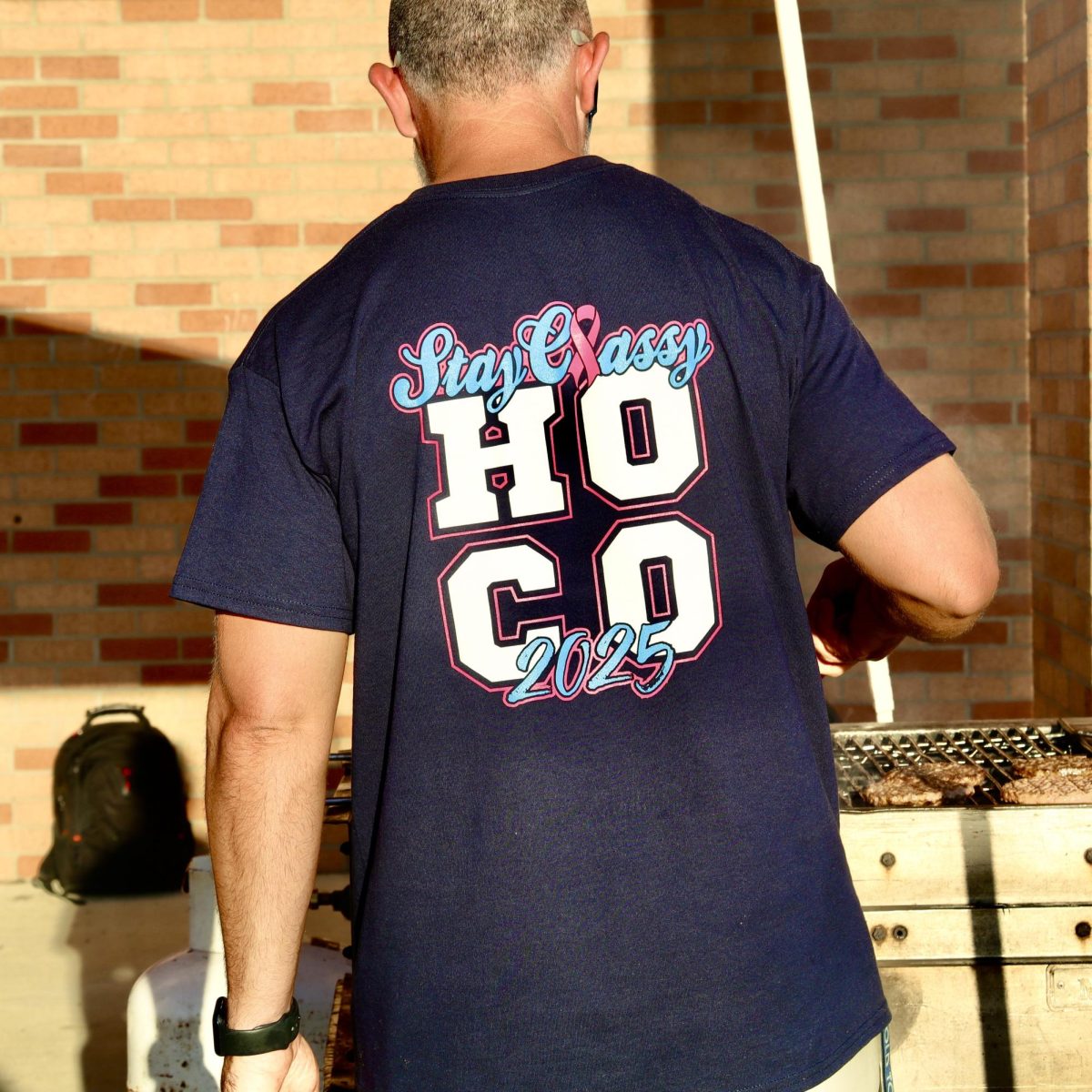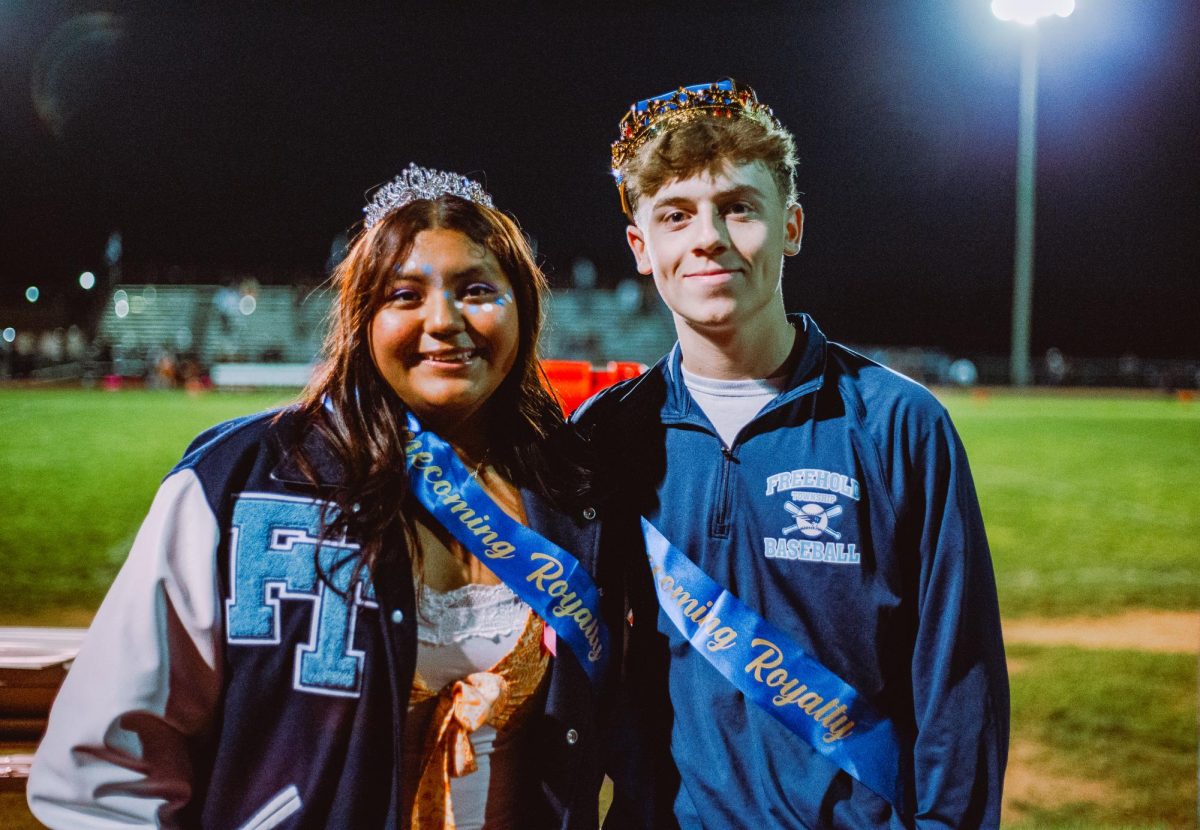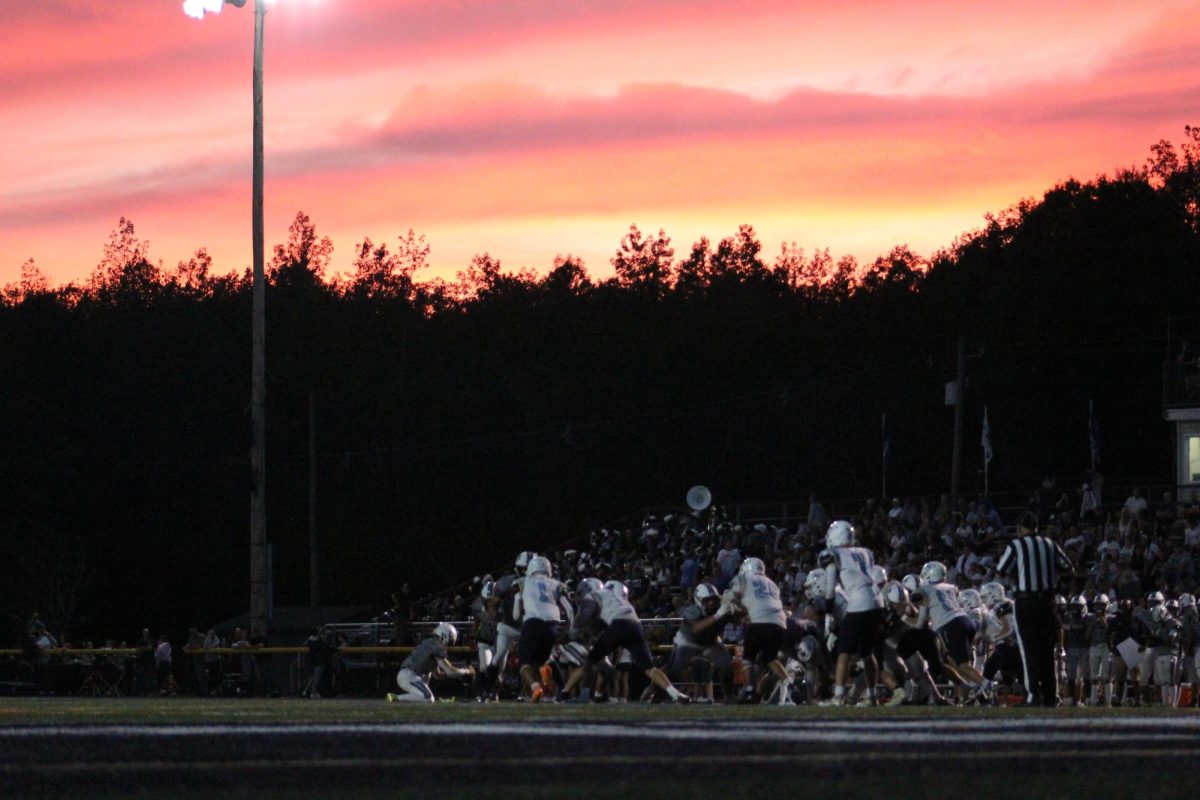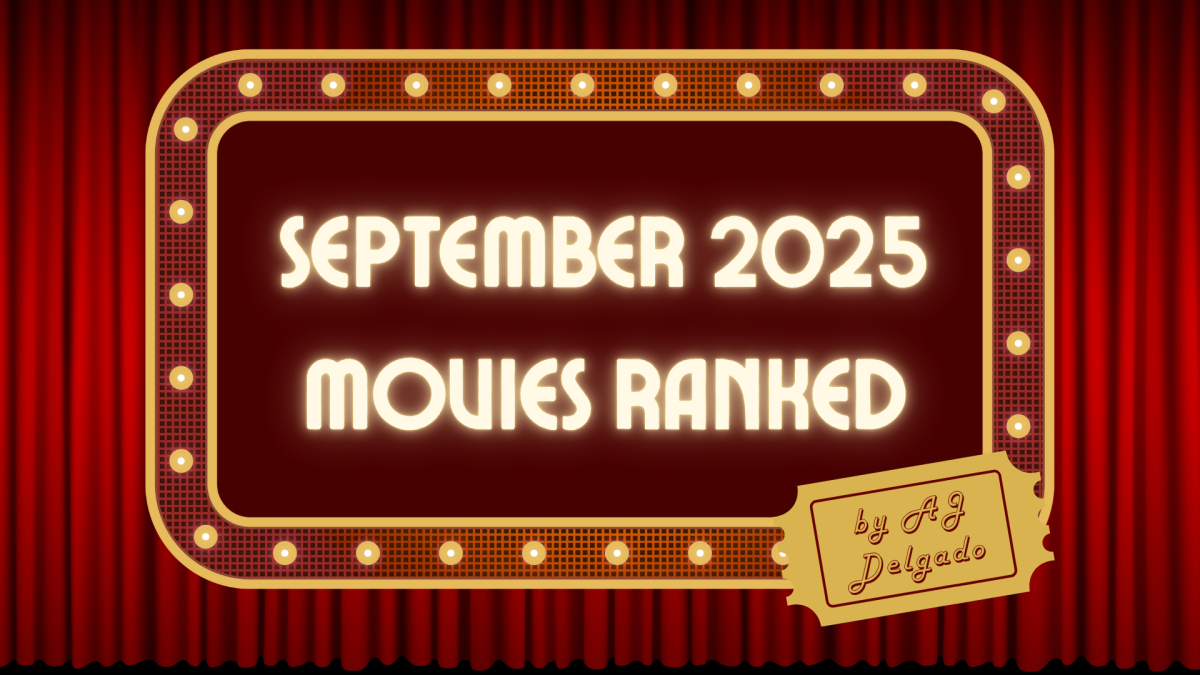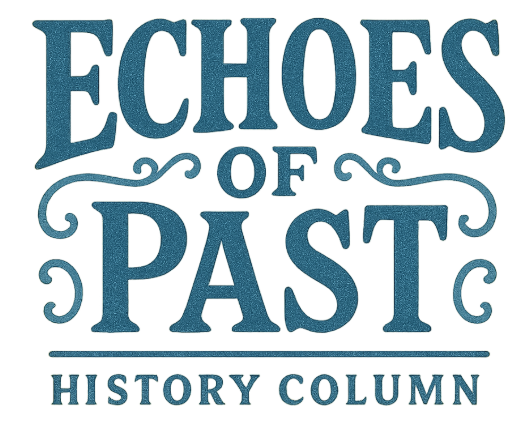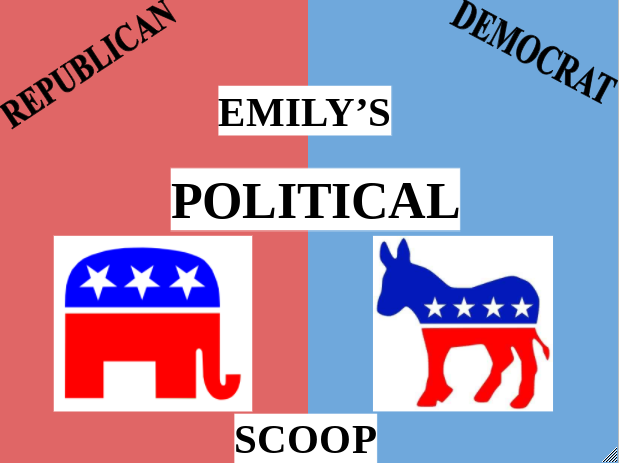Emily’s Weekly Political Scoop: Debates in Education and Shirley Chisholm
February 18, 2022
Debates in Education: Society is constantly changing, the expectations and normalities of the modern world shifting into a new narrative as time progresses. Such a change causes a domino effect where all aspects of life must realign itself in these new parameters, evident by the ongoing modifications in the education system. What is taught, how it’s taught, who it’s taught to are questions commonly asked by administrators and parents to determine the best course of action to educate current and future generations. However, these decisions are not just made at a district level. Through legislation, certain strides in education have been or are being considered via statewide legislation influenced by today’s straining political world.
A current topic of discussion in the educational realm, directly influenced by its political controversy, is whether to implement a curriculum focused on the LGBTQIA+ community. NPR reports that Florida has proposed a legislation referred to as the “Don’t Say Gay” bill which would restrict how teachers talk about and educate their students on sexuality and gender. A Florida school district would not be authorized to “encourage classroom discussion” on “sexual orientation or gender identity in primary grade level” or in a way “that is not age-appropriate or developmentally appropriate for students,” both parameters insufficiently defined (Hernandez).
Supporters have argued that it would embolden the voice of parents who should have a say in what their child learns, evident within the bill as it states that a parent who believes the school has violated the aforementioned terms can sue. The bill has been backed by Republican Governor RonDeSantis of Florida, who vocalized similar viewpoints at an event on Monday, February 7. He shared similar concern, stating, “We’ve seen instances of students being told by different folks in school, ‘Oh, don’t worry, don’t pick your gender yet, do all this other stuff.’ They won’t tell the parents about these discussions that are happening. That is entirely inappropriate” (Hernandez).
Opponents have argued that it will rid LGBTQIA+ children of protection and cause horrific effects on educators. Biden has vocalized his intentions to ensure the acceptance and safety of LGBTQIA+ youth, stating, “I want every member of the LGBTQI+ community — especially the kids who will be impacted by this hateful bill — to know that you are loved and accepted just as you are.” Further, a group named Equality Florida, created with the sole purpose of ending discrimination based on sexuality and gender identity, has accused lawmakers of targeting the LGBTQIA+ youth, stating, This legislation is meant to stigmatize LGBTQ people, isolate LGBTQ kids, and make teachers fearful of providing a safe, inclusive classroom” (Hernandez).
In conjunction, NPR explains how back in October, over 400 books were under review at one of Texas’ largest school districts: the North East Independent School District of San Antonio. State Representative Matt Krasue, chair of the Texas House’s General Investigating Committee, announced his inquiry into books dealing with topics like race, gender, and sexuality in school libraries back in October. He sent Texas schools a 16-page list of about 850 books relating to the aforementioned topics, asking how many copies of each they hold and their cost (Treisman).
Krause’s reasoning behind targeting these titles? He has stated they “might make students feel discomfort, guilt, anguish, or any other form of psychological distress because of their race or sex or convey that a student, by virtue of their race or sex, is inherently racist, sexist, or oppressive, whether consciously or unconsciously.” The San Antonio district found 414 of the listed literature in their libraries and district officials are examining them to ensure they do not have obscene or vulgar material, allowing parents to have a say in what their children are reading (Treisman).
However, students vocalized their opposition as Karuse’s list included many books on race, safe sex resources, gender identity, and stories about LGBTQIA+ relationships, giving students crucial information and representation. Black and LGBTQIA+ students of the district were outraged by their administration’s compliance and created a petition signed by 2,000 signatures (Treisman).
Though this occurred back in the fall, it’s crucial to recognize this was a smaller aspect of a bigger Republican plan to determine what Texas schools can educate their students. Critical race theory has been widely debated and politicized from its creation to now and material focused on sexual matters have continuously been stigmatized and opposed by certain administrations and parents. Today, we see curriculum be shifted, opposed, and praised based on decisions centered around these topics and it remains ever-so relevant today as it was years ago, if not more (Treisman).
Shirley Chisholm: Black Americans face discrimination and oppression every single day and they have to work a million times harder to experience the same successes as white Americans. When examining the factor of gender, Black women move mountains to be allotted the same opportunities to reach the same achievements as men. One of the most influential, inspiring Black women in political history is Shirley Chisholm, the first African American congresswoman.
The official Women’s History website explains that Chisholm was born on November 30, 1924 in Brooklyn, New York. Her parents, Charles St. Hill and Ruby Seale St. Hill, were both immigrants and she became the oldest of four daughters in her family (Michals). History, Art, & Archives of the United States House of Representatives furthers that she lived in Barbados on her grandparent’s farm while her parents worked through the Great Depression, receiving a British education and developing a slight accent that she carried with her throughout the rest of her life. Eventually, her family was able to settle in Bedford-Stuyvesant back in Brooklyn (“CHISHOLM, Shirley Anita”), and she ended up attending and graduating from Brooklyn Girl’s High (Michals).
She attended Brooklyn College and in 1946, she graduated cum laude with a Bachelor of Arts in sociology. Soon after, she began a career in education as a nursery school teacher and was the director of two daycare centers until 1953 (“CHISHOLM, Shirley Anita”). Amidst this time period, she married Conrad Q. Chisholm who she would later divorce in 1977. In 1951, she earned a master’s degree in early childhood education from the ivy league Columbia University and by 1960, she became a consultant to the New York City Division of Day Care (Michals).
Having experienced the setbacks and struggles caused by racial and gender discrimination, she was an active member in a multitude of local organizations centered around advocating against oppression such as the League of Women Voters, the National Association for the Advancement of Colored People, the Urban League, and the Democratic Party club in Bedford-Stuyvesant. Chisholm became the second African American in the New York State Legislature in 1964 and after the development of a more Democratic environment in her neighborhood, she sought and won the position as Congresswoman (Michals).
Throughout her reign, she coined the nickname “Fight Shirley” and brought to the table more than 50 pieces of legislation, advocating for racial and gender equality, the difficulties of the poor, and ending the Vietnam War. In 1971, she co-founded the National Women’s Political Caucus and in 1977, she was the first Black woman and second woman to serve on the House Rules Committee. Coincidentally, she married a New York State legislator of the name Arthur Hardwick Jr. that same year (Michals).
If you thought her historically groundbreaking actions were over, you are absolutely mistaken. BIOGRAPHY expands that in 1972, she became the first Black American and second woman to make a bid for presidency with a major party, running specifically for the Democratic nominee (“Shirley Chisholm”). Though faced with discrimination due to her decision, including being blocked from taking part in televised primary debates and only allotted the ability to make one speech, students, women, and minorities supported her relentlessly. Even when given an under-financed campaign and faced with disagreement from the Congressional Black Caucus, majority of whom were men, she entered 12 primaries and earned 10% of the delegates’ votes (Michals).
Unfortunately, she was unable to gain the support of impactful Black leaders and Dakhota Senator George McGovern went on to claim the Democratic nomination (“Shirley Chisholm”). Nevertheless, her persistence and position in politics inspired a Black women nationwide and opened the door to numerous opportunities that were forcefully closed before. She retired from Congress in 1983 but her career continued as she went on to co-found the National Political Congress of Black Women, and even campaigned for Jesse Jackson’s 1984 and 1988 presidential bids. Further, she returned to her teaching aspirations in 1983 when she taught at Mt. Holyoke College (“CHISHOLM, Shirley Anita”).
Chisholm was nominated as U.S. Ambassador to Jamaica through President Bill Clinton but due to ill health, declined and settled in Palm Coast, Florida to write and lecture. She died on January 1, 2005 in Ormond Beach, Florida (“CHISHOLM, Shirley Anita”) at the age of 80. In November of 2015, she was awarded the highly-praised Presidential Medal of Freedom and the president of NAACP in Flagler County, Florida commented on her legacy, stating, “She was our Moses that opened the Red Sea for us” (“Shirley Chisholm”).
Chisholm herself stated, “I want to be remembered as a woman…who dared to be a catalyst of change,” her legacy even now (Michals). Young Black women today feel the effects of her political stature and the impacts of her successes will be felt for the rest of time.
Works Cited
“CHISHOLM, Shirley Anita.” US House of Representatives: History, Art & Archives,
history.house.gov/People/Listing/C/CHISHOLM,-Shirley-Anita-(C000371).
Hernandez, Joe. “‘Don’t Say Gay’ Bill Would Limit Discussion of Sexuality and Gender in
Florida Schools Facebook Twitter Flipboard Email.” NPR, 9 Mar. 2022,
www.npr.org/2022/02/09/1079541236/florida-dont-say-gay-bill.
Michals, Debra. “Shirley Chisholm.” National Women’s History Museum, 2015,
www.womenshistory.org/education-resources/biographies/shirley-chisholm.
“Shirley Chisholm.” Biography, 4 May 2021,
www.biography.com/political-figure/shirley-chisholm.
Treisman, Rachel. “A Texas School District Is Reviewing 400 Library Books after a GOP
Lawmaker’s Inquiry Facebook Twitter Flipboard Email.” NPR, 8 Dec. 2021,
www.npr.org/2021/12/08/1062407301/san-antonio-school-district-reviewing-library-boo
s-after-krause-inquiry.








